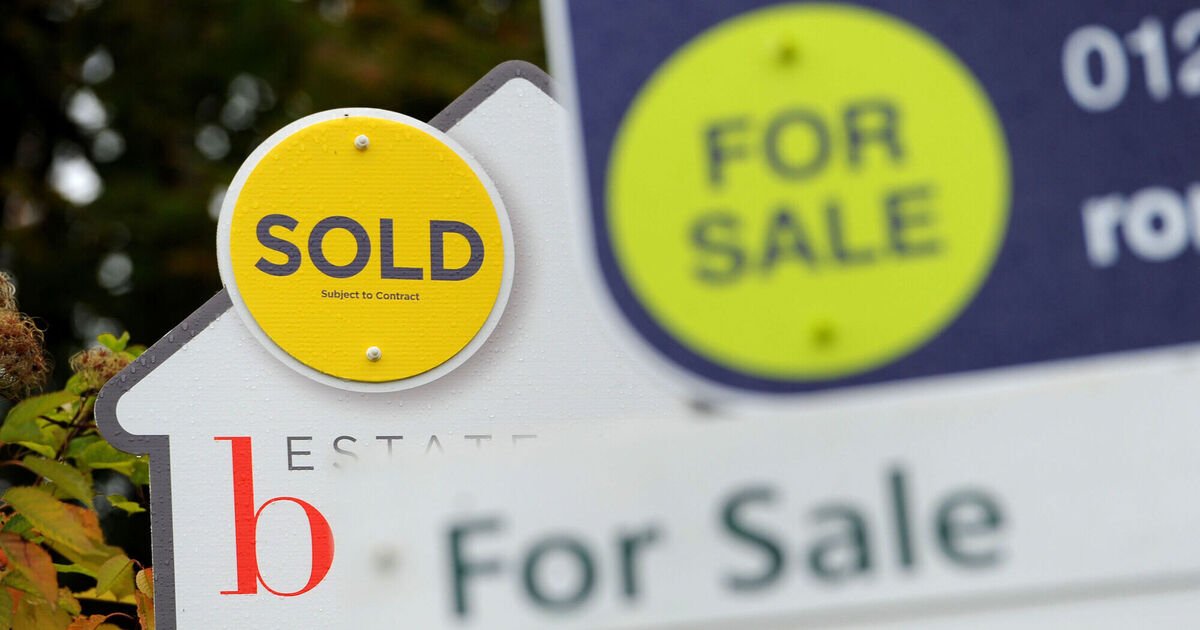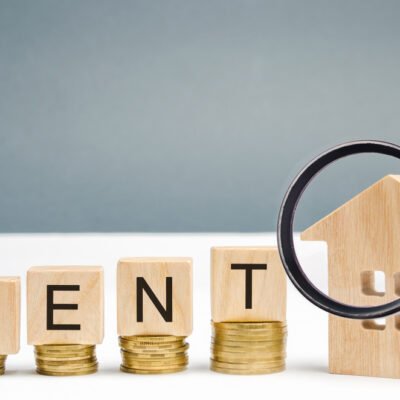House price inflation has gained momentum while supply struggles to meet chronic demand, according to a report by property website MyHome.ie.
National asking prices have climbed 6.5% in the last 12 months, the fastest rate of growth since the last three months of 2022, despite falling consumer price inflation in a high interest rate environment.
The Property Price Register, published by MyHome.ie, also showed houses were being sold for 4.6% over the original asking price in early 2024, compared to just 1% a year ago.
The chief economist at Bank of Ireland, Conall MacCoille, forecasts Irish house prices will rise again by close to 4% this year.
“There has been no let-up in demand, and with the supply situation still difficult it is not too surprising that house price inflation has regained momentum,” he said.
In the first six months of 2023, 25% of first-time buyers had loan to income ratios just below the regulatory threshold, versus just 6% before the Central Bank loosened its mortgage lending rules.
In 2022, Central Bank of Ireland governor Gabriel Makhlouf told reporters that the changes to its mortgage lending limits could lead to a “modest” rise in house prices.
Meanwhile, stock for sale on the MyHome website hit a fresh record low of 10,935, down 19.5% on the previous year, falling below 11,200 recorded during the covid-19 era.
However, housing commencements in the first two months of 2024 are up 72% on the same period in 2023.
“It is worth noting, however, that the 63,000 residential transactions recorded in 2023 is the highest number recorded since the Property Price Register started collecting data in 2010,” Mr MacCoille said.
The report suggested that rising asking prices and overbidding is set to hit first-time buyers. For example, in the first half of 2023, the average first-time-buyer had an income of €88,258.
This is up 6.7% from €82,641 in the same period in 2022.
This drove up the average mortgage approval for a house above €300,000 for the first time at the end of 2023, up 6.4% on the year.




